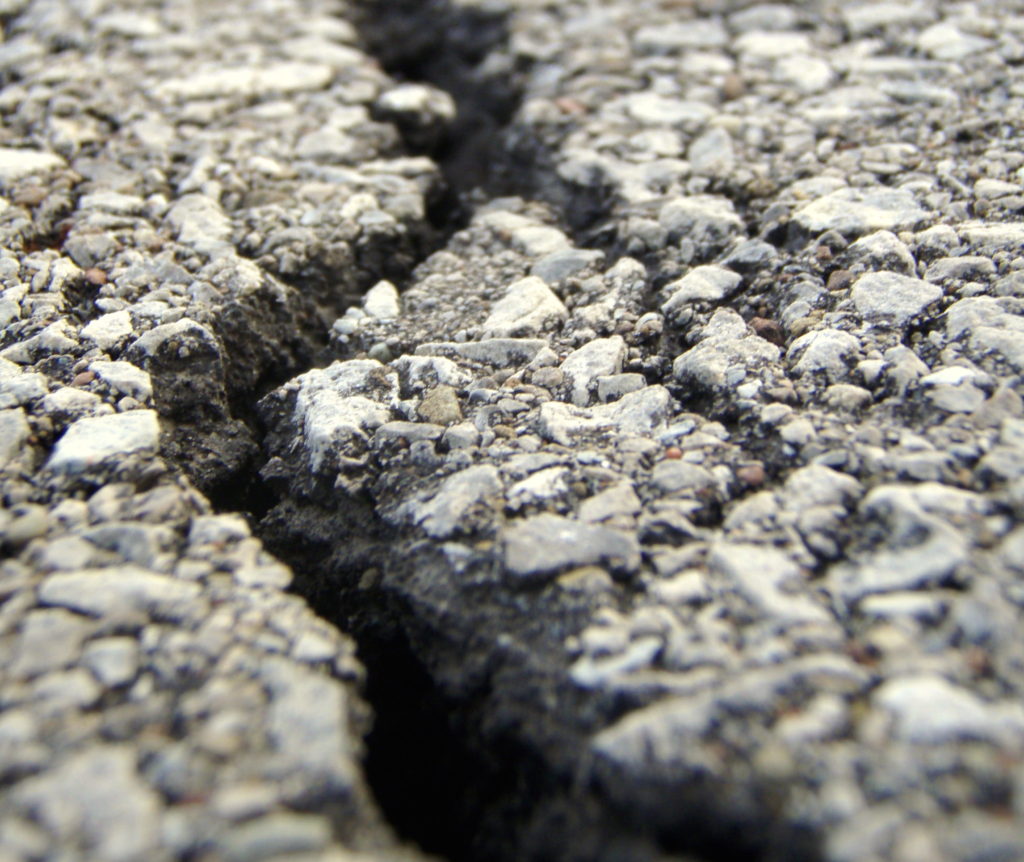
What the Coming Cascadia Earthquake Taught Me About God
When I moved to Oregon just over a year ago, I didn’t realize it would cost me my life. At that point I was blissfully unaware that I’d be crushed by ceiling beams. Or trapped under rubble. Or drowned by a 100-foot wall of water raging in from the sea.
Of course the death in question has not occurred. Not yet, but it’s coming…
A few weeks after moving from the suburbs of Chicago to Portland, a friend sent me a link with the ominous message: “Sure you don’t want to move back?”
The link took me to an article that was burning a hole in the Internet. “The Really Big One” from The New Yorker is equal parts terrifying and informative. The short of it: There’s a fault line that snakes along the west coast, from Northern California to Canada, capable of unleashing an earthquake 30 times more powerful than anything generated by the famous San Andreas fault. And it’s overdue for a shaking. When this earthquake comes—when, not if—“everything west of the I-5 will be toast.”
And heaven forbid you happen to be visiting the coast when it strikes. The article quotes Jay Wilson, the chair of the Oregon Seismic Safety Policy Advisory Commission (OSSPAC): “When that tsunami is coming, you run. You protect yourself, you don’t turn around, you don’t go back to save anybody. You run for your life.”
FEMA predicts that approximately 13,000 will perish in the quake, but the aftermath could be far worse. Millions would be left for weeks without power, water, or other basic services.
The article rattled my nerves but I knew the impact would be worse on my wife. In the parlance of contemporary survivalists, she’s a “prepper.” Not a dress-in-camouflage-and-build-a-bunker kind of prepper, but put it this way: cans of beans and jugs of water have a way of accumulating in our garage.
When I showed her the article, her prepper instincts sprang into action.
“We need to be ready,” she said, her eyes wide, immobile.
“Food, water, first aide kits … we need a whistle!”
“A whistle? For what?” I asked.
“In case we’re trapped under rubble. We can call for help.”
Confronting Our Nature
Thankfully, my wife’s fears have eased since reading the article, especially after we took a few trips to Costco to purchase “supplies.” If The Big One does strike during our lifetime, I’ll be grateful for her vigilance.
But even if it doesn’t, contemplating the future earthquake has reminded me of some important truths. Chief among them: that control is nothing but a well-nurtured illusion. Despite all our knowledge and technology and planning, at the end of the day, we’re still at the mercy of nature. When you live in the Northwest it’s a lesson reinforced each time you open your door to towering Douglas Fir trees and Mountain peaks on the horizon. Going to the coast is a crash course in your utter puniness. The thousands of miles of windswept coast boast a sort of terrible beauty. It’s not your sunny, California beach. It’s gray and grand and daunting.
In Chicago, the land was flat. Small saplings, planted by developers, dotted the suburbs where we lived. Out there, nature was small and humans were big. We arrived in the Northwest to find the roles reversed. Here nature is big and you are small. So small you feel like you could disappear and no one would notice. The rain would wash away your memory and the mountains would go right on with their silent, ancient vigil.
But I’m convinced this experience of feeling small, of being overwhelmed, is good for us. Not comfortable, perhaps, but good. It reminds us of our limitations and finitude. And it offers a helpful analogy for approaching another overwhelming mystery: God.
The early church father Gregory of Nyssa compared contemplating God’s nature to standing at the edge of a sheer cliff with no foothold. He wrote:
The soul becomes dizzy and perplexed and returns once again to what is natural to it, content now to merely know this about the Transcendent, that it is completely different from the nature of the things which the soul knows.
It’s tempting to think knowing God simply includes getting all our facts about him straight. But maybe the first step is vertigo, disorientation. Perhaps only once we’ve been shocked out of our normal way of processing reality—categorizing it, mastering it—can we hope to gain even a glimpse of the greatness and mystery of God.
A lot of Christians, especially those of us in the Western world, suffer mightily from an us-over-God complex. Even if we believe in God, we believe on our terms. And we have a whole set of formulae for making God do just what we want him to do.
Living in the Northwest, where nature is big, has confronted this tendency in me. It’s a spiritual tonic. It reminds me that, though I’m loved, I’m small. I’m at mercy of nature and the God who created it. And that’s OK with me.

